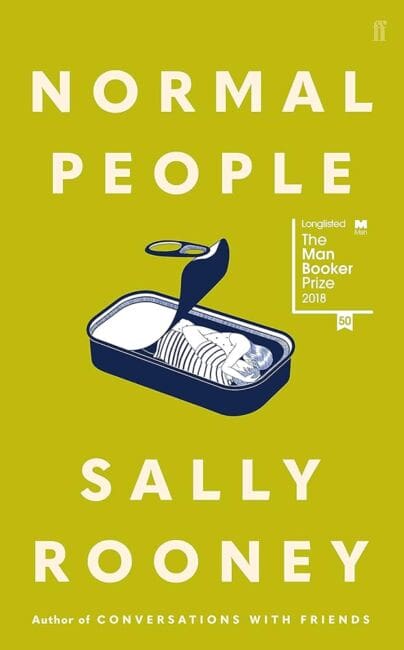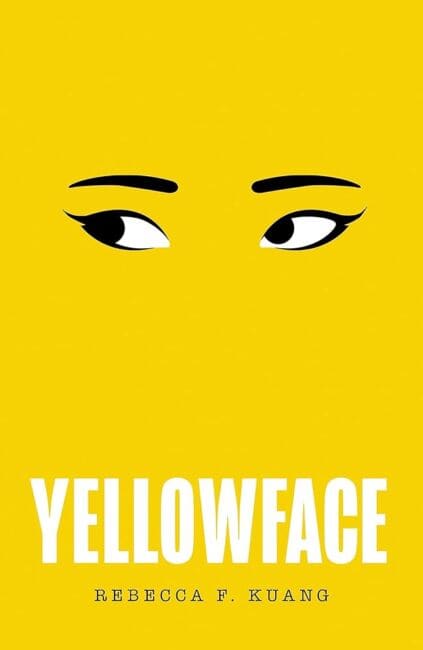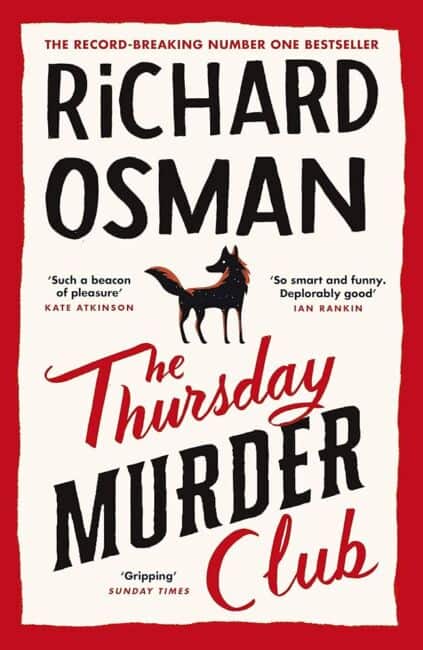Before The Coffee Gets Cold
Toshikazu Kawaguchi
“Are you listening?’ Kazu continued. “When you return to the past, you must drink the entire cup before the coffee goes cold.”
What would you do if you could travel back in time? Kawaguchi’s collection of stories gently asks readers just that. Using the possibilities of time travel as an enigmatic starting point, Before The Coffee Gets Cold ventures both backwards and forwards in a series of enchanting, sentimental narratives, leaving readers sitting — perhaps coffee in hand themselves — enthralled.
When reading Kawaguchi’s work, one cannot help but be enticed by its familiarity and comfort into the world of the coffee shop itself. While some have criticised the novel for being ‘actionless’ and ‘slow’, for others the rhythmic pace of the stories, dictated by the drip drip of the carafe is a tonic and a delight.
“I found comfort in it. It’s one of those books to read late at night curled up in bed or with rain pattering on the window panes. “
- Rebecca Holland
Though running the risk of seeming insular and removed from reality, all of the stories in this collection — The Lovers, Husband and Wife, The Sisters, and Mother and Child — are set in the same location: a late-night basement coffee shop. Here, the same diligent staff make not only coffee for their customers but difficult, meaningful ventures through time.
Each story offers readers insight into a new dynamic; sometimes romantic, other times familial — allowing readers to insert themselves into a world where time travel — and the possibility of a different outcome — are themselves a possibility.
Kawaguchi’s work has been applauded by recent audiences since its publication in 2015, before which it was a play that won the 110th Suginami Drama Festival Grand Prize.
“The chapters play out as acts, and there’s a distinct rhythm to the action. Though it works well as a book, I can only imagine it flourishes on the stage.”
- Will Heath
However, as much as Kawaguchi’s narratives toy with the prospects of time travel, they also ponder its frustrations in a ‘catch-22’ style that leaves readers with a newfound sense of injustice at inevitable phenomena such as grief, death, illness, and heartbreak.
The question is raised repeatedly: ‘What would you do if you could return to the past?’ However, equally, a stoic understanding of the futility of trying to change what has been is also instilled into readers, which, by the end of the novel, provokes a kind of universal acceptance — of what we’re yet to find out.

| ISBN | 978-1529029581 |
|---|---|
| Pages | 224 |



